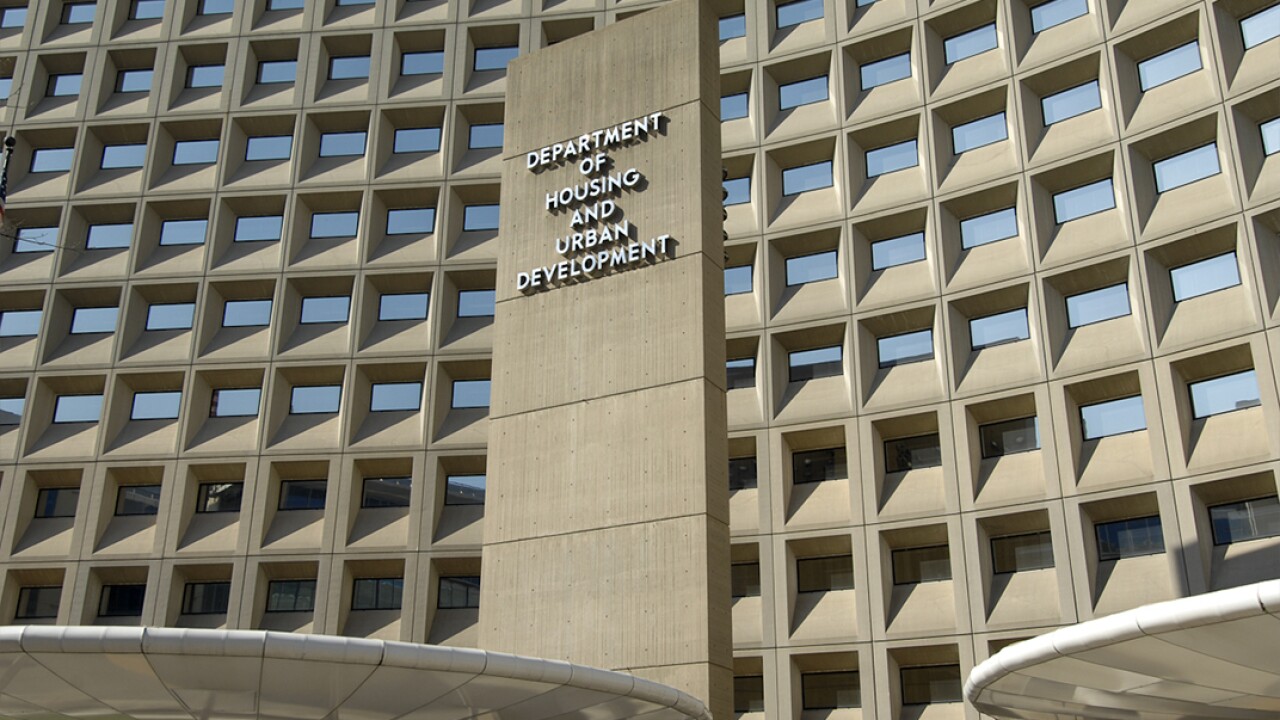WASHINGTON — Bank net income declined year-over-year as large banks set aside capital to weather rising interest rates and other economic headwinds, according to the Federal Deposit Insurance Corp.'s Quarterly Banking Profile.
Bank profit in the second quarter dropped 8.5% from a year ago to $64.4 billion, the FDIC said. Provision expense increased $21.9 billion from the year-ago quarter, driven largely by banks with more than $250 billion in assets.
"The banking industry continues to face significant downside risks. These risks include the effects of high inflation, rapidly rising market interest rates, and continued geopolitical uncertainty," said acting FDIC Chairman Martin Gruenberg in a statement. "Taken together, these risks may reduce profitability, weaken credit quality and capital, and limit loan growth in coming quarters."

Net income grew, however, $4.6 billion from the first quarter, as a rise in net interest income offset the growth in provision expense. Net interest margin widened, increasing 26 basis points from the last quarter to 2.8%.
Deposits fell for the first time since 2018, Gruenberg said in his opening statement, largely due to a reduction in uninsured deposits along with a small decline in insured deposits. Deposits are still "well above" pre-pandemic levels, Gruenberg said.
The FDIC said in June that it would raise deposit insurance assessment rates by 2 basis points amid a glut of deposits for all insured depository institutions. While the FDIC says this will have only a modest effect on industry profits, the banking industry has
Sayee Srinivasan, chief economist for the American Bankers Association, said that Thursday's QBP results "suggest that the proposed assessment increase is not necessary to assure that the insurance fund achieves the statutory goal of 1.35% by September 2028."
"It's not untypical," Gruenberg said in response to a question about the deposit insurance fund, for growth to slow in the second quarter. "But frankly, the year-over-year growth rate of over 4% in insured deposits is still very strong."
The comment period for the FDIC's assessment hike plan expired Aug. 20. Gruenberg said that the agency is reviewing comments, assessing incoming data and will reach a decision "later this year."
Unrealized losses on investment securities continued to rise in the second quarter as market interest rates rose, although it slowed down somewhat.
"Elevated asset maturities combined with a moderate decline in deposits underscores the risk of actual losses should banks need to sell investments to meet liquidity needs," Gruenberg said in a statement.
Loan balances rose 8.4% compared to the year-ago quarter, the highest annual growth rate since the first quarter of 2008.
While severe delinquencies improved, loans that were between 30 and 89 days past due ticked up, particularly among consumer loans.
"These early delinquencies could be an indicator of future asset quality risk and will be an area of supervisory monitoring," Gruenberg said.
Also over the quarter, the FDIC began to crack down on crypto companies that the agency says are misrepresenting the availability of deposit insurance. Most recently, the agency sent out a series of cease and desist letters to a number of crypto companies,
In response to a question today about the issue, Gruenberg said that these kinds of statements are continuing to be investigated by the FDIC, and that the agency is willing to take action if need be.
"Frankly, we are continuing to review practices by other companies and if we identify additional instances of misrepresentations we'll be quite prepared to take action," he said.





